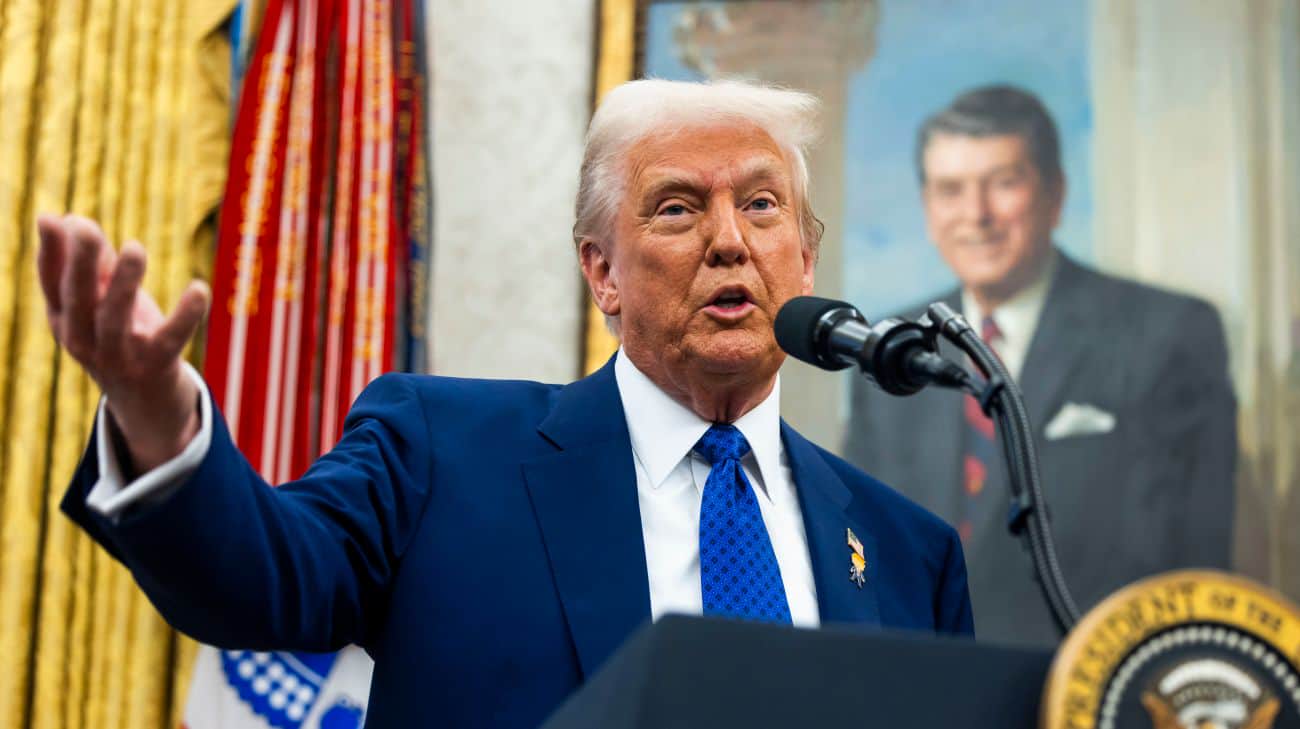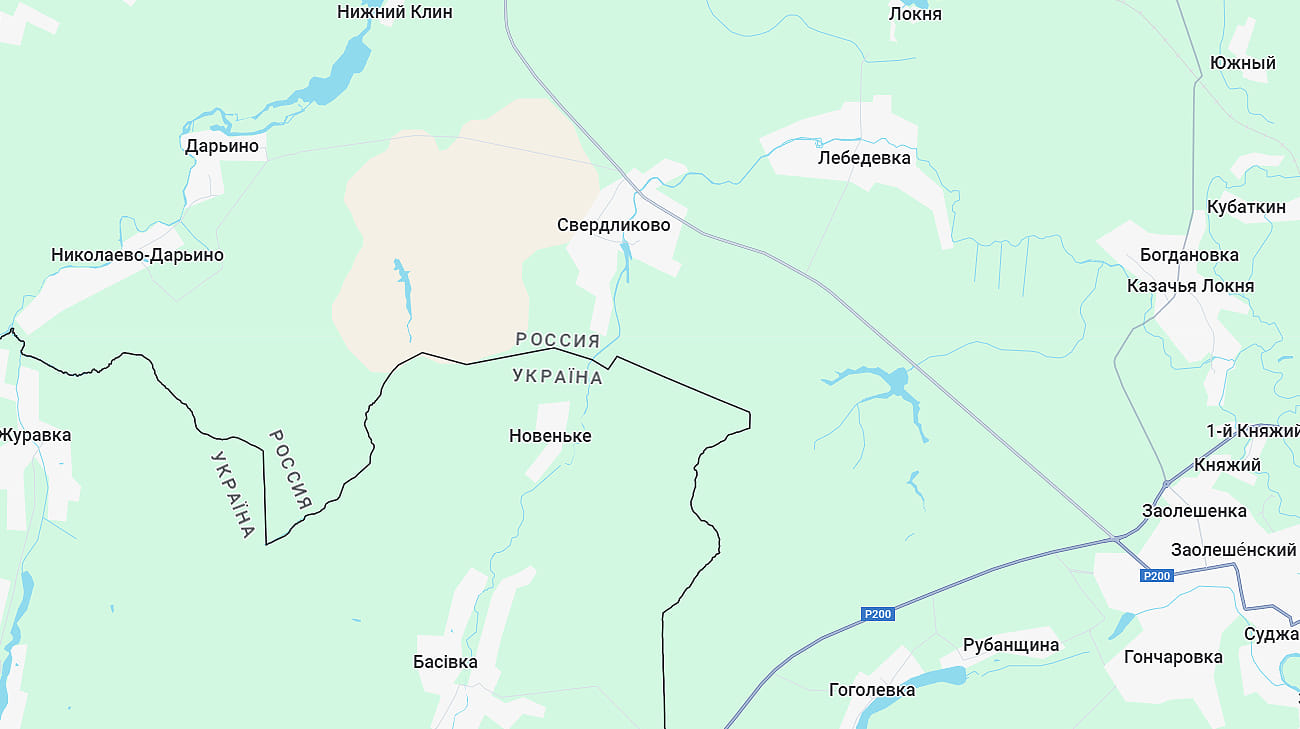Delayed Western aid allowed Russia to attack Kharkiv Oblast
As Ukraine waited for new weapons deliveries debated for months by the U.S. Congress and European Union, Russia seized the initiative with a lightning offensive in Kharkiv province on 10 May, marking its most significant gains in nearly a year.
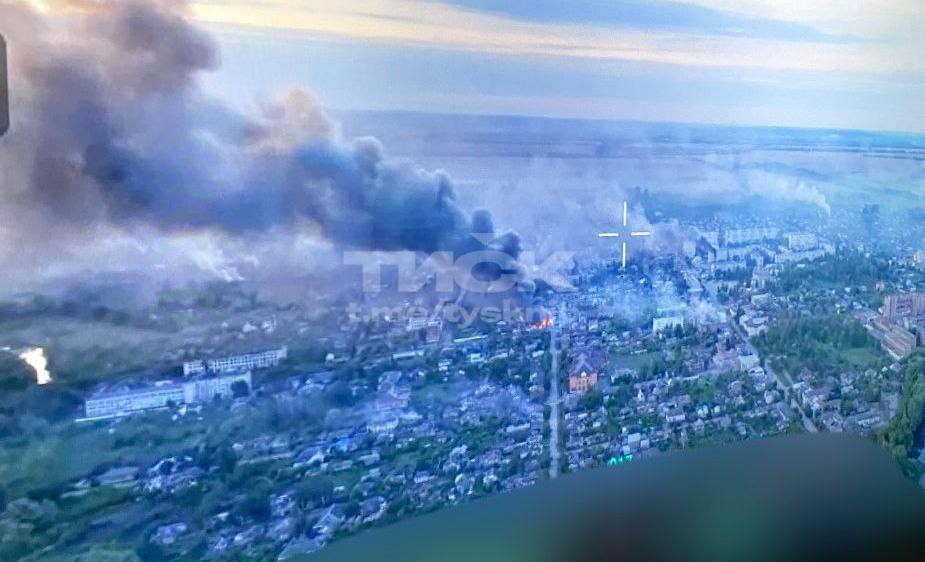

After much anticipation, the Russians launched a new offensive into eastern Ukraine. On 10 May, Russian forces orchestrated an attack on the Kharkiv province. Within hours, they captured five villages and gained several kilometers. Nearly eight thousand Ukrainians were forced to flee their homes, and there were over one thousand casualties.
Ukrainian officials stated they halted the recent Russian advancements in the region, but the attack could have been avoided.
During the autumn of 2023, there were reports that Ukrainian forces were running low on ammunition. Ukrainian authorities called on the international community to provide additional assistance that would allow them to continue their fight against Russian aggression. Should they have received this additional aid in quick succession, then the Ukrainians could have bolstered their forces and made another push on the Russian-occupied territories in southern and eastern Ukraine.
Could Ukraine have prevented Russia’s Kharkiv incursion? Experts weigh in
Instead, numerous Western countries delayed this process.
In the United States, the White House requested that Congress approve a new foreign supplemental aid package in October 2023. Elected officials in the House of Representatives and the Senate, however, stalled discussions on additional aid to Ukraine. After several deliberations and amendments to the proposed bill, the aid package was finally passed in April 2024, nearly seven months after it had been proposed.
Meanwhile, in Europe, the European Union had similar issues. For several months, the collective of 27 member states debated a new aid package for Ukraine. Hungarian Prime Minister Viktor Orbán constantly voiced his opinion against the new assistance plan. Meanwhile, far-right political parties in Slovakia and the Netherlands stated they would stop providing defense assistance to Ukraine. This, in turn, made it more difficult for the Ukrainians to bolster their defenses as a future Russian offensive loomed.
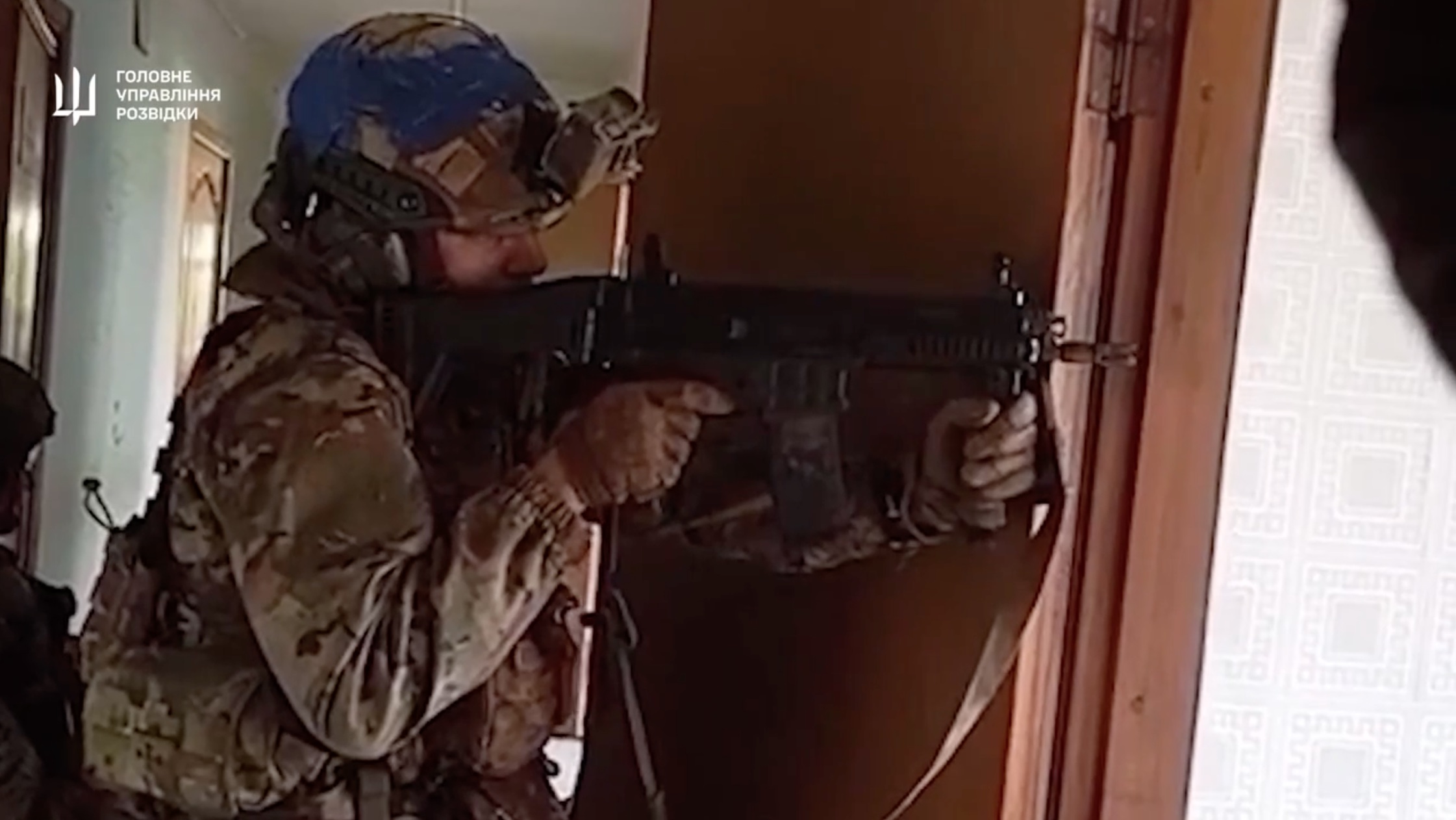
The Russian Federation greatly benefited from these delays.
As future aid to Ukraine was delayed for several months, the Russians took this opportunity to regroup and re-strategize their forces. The Russians shifted their forces to the battlefields in the east and south to fortify their locations. They built trenches that span dozens of kilometers. The Russians also planted hundreds of kilometers of minefields. These developments slowed the progress of Ukrainians in the Russian-occupied regions as they would need to find ways to move their forces and equipment around these barriers.
“The struggle [in the east] was severe,” one Ukrainian soldier said under anonymity. “We took many casualties and lost [several] kilometers. Right now, we need to hold our ground.”
Russia then started to gain some success as the West continued to delay its aid. For example, the Russians captured several kilometers of territory in the east. The most notable advancement was in the Ukrainian city of Avdiivka, a city that serves as a gateway to Donetsk. When the Russians captured the city, it was their first major victory in nine months. US President Joe Biden stated that congressional inaction for the new Ukraine aid package was responsible for the fall of the Ukrainian city.
In addition, the Russian Federation worked to undermine international sanctions. While the West delayed future assistance to Ukraine, and with Russian forces in a vulnerable position, the Russians called on assistance from Iran, North Korea, and China.
Between October 2023 and April 2024, the Russians purchased large quantities of defense equipment and weapons from the Iranians and North Koreans. The Russians also ramped up their munition production, thus giving them the equipment they needed for their war.
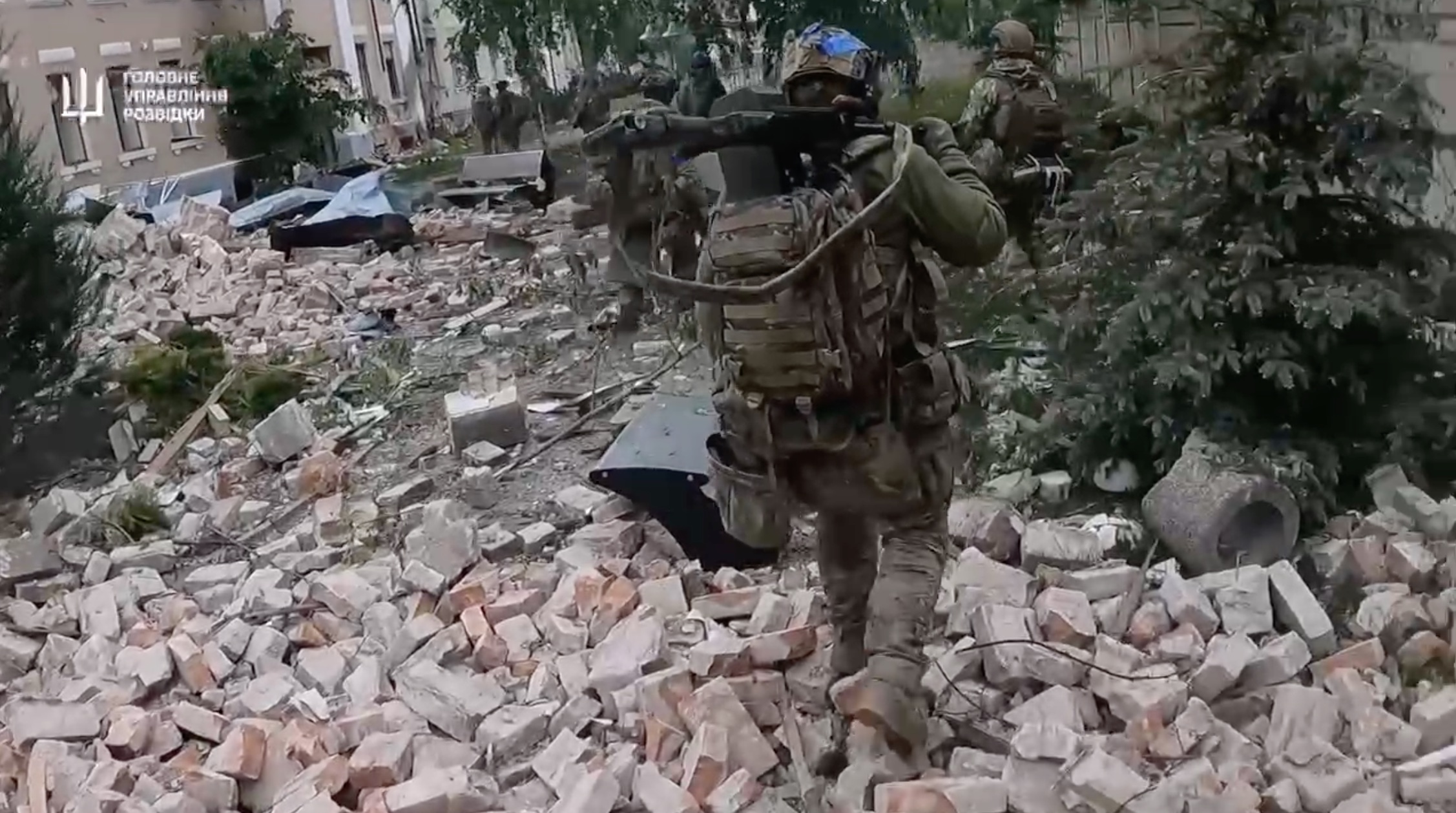
Now, with a freshly equipped and reenergized military, the Russians will continue to launch new attacks in eastern and southern Ukraine. This will only lead to further casualties in the Russian-occupied regions of Ukraine.
The recently introduced foreign aid for Ukraine from the United States, United Kingdom, and EU will help the Ukrainians against the new Russian onslaught. But delays in assistance have forced the Ukrainians to reprioritize their efforts.
“New weapons from the West will help the Ukrainians stabilize the situation on the front in eastern Ukraine,” another Ukrainian soldier said under anonymity. “But the reality is that the war will not end quickly. The West and Ukraine must continue coordinating strategies to ensure Ukraine’s victory.”
Therefore, it is imperative the international community learns from the recent events in eastern Ukraine. Had these countries provided aid to the Ukrainians while the Russians were vulnerable, this would have allowed the Ukrainians to fortify their positions throughout the country while also targeting Russian fortifications. Instead, it allowed the Russians to strengthen their positions, and it led to the Russian capturing of additional territory in eastern Ukraine.
These mistakes cannot be repeated. The West must establish ways to assist Ukraine more efficiently and effectively. Otherwise, further delays will lead to a deadlier, prolonged war. This will only serve in Russia’s favor.
Related:

